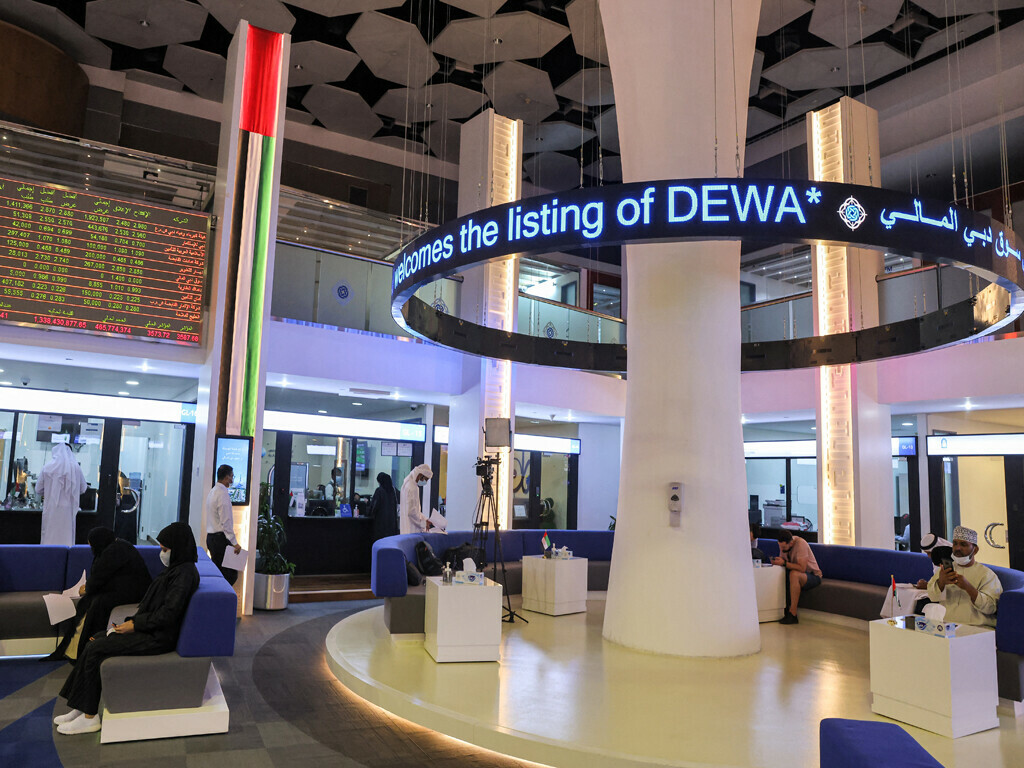Most major Gulf equities closed higher on Thursday, tracking global peers and oil prices higher on optimism over China's demand outlook and hopes for smaller rate rises in the United States.
Oil, which fuels region's growth, rose more than 1% on Thursday with Brent crude was up $1.18, or 1.4%, to $83.85 a barrel by 1250 GMT.
Fadi Reyad, Chief Market Analyst at CAPEX.com MENA,
Said GCC stock markets were impacted by both local and global economic factors, while traders were focusing on Thursday's U.S. inflation report and hoping for a recovery in the global economy's demand outlook amid improved activities in China.
Saudi Arabia's benchmark index (.TASI) jumped 1.2%, with Al Rajhi Bank (1120.SE) increasing 2.9%.
Saudi National Bank (SNB) (1180.SE) advanced 2.7% after its board proposed to raise capital by 15.22 billion riyals ($4.05 billion) through issuing 1 bonus share for every 3 shares. The bank has also proposed a 0.6 riyals a share cash dividend for the second half.
Dubai's main share index (.DFMGI) rose 0.5%, following a 3.1% surge in road toll operator Salik Company (SALIK.DU) and 1.8% hike in blue-chip developer Emaar Properties (EMAR.DU).
Abu Dhabi's share index (.FTFADGI) edged up 0.1%, led by a 1.7% boost in Telecoms company e& , formerly known as Emirates Telecommunications.
The Qatari benchmark index (.QSI), however, fell 2.5%, extending losses to a straight third session, as almost all its constituent stocks moved into negative territory.
Qatar National Bank (QNBK.QA), the Gulf's biggest bank by assets, was the main drag on the index, which tumbled 4.5%, despite reporting on Wednesday a 9% rise in its annual net profit.
Outside the Gulf, Egypt's blue-chip index (.EGX30), closed 0.2% higher, with Investment Bank EFG Hermes (HRHO.CA) rising 3.5%.
Meanwhile hundreds of millions of dollars have flowed through Egypt's interbank market since the central bank allowed the Egyptian pound to depreciate by 13% to a historic low, bankers said on Thursday.
Egypt has been suffering a shortage of foreign currency since the war in Ukraine hit tourism revenue, with foreign investors pulling more than $20 billion out of the economy. The pound has lost about 51% of its value since March.










